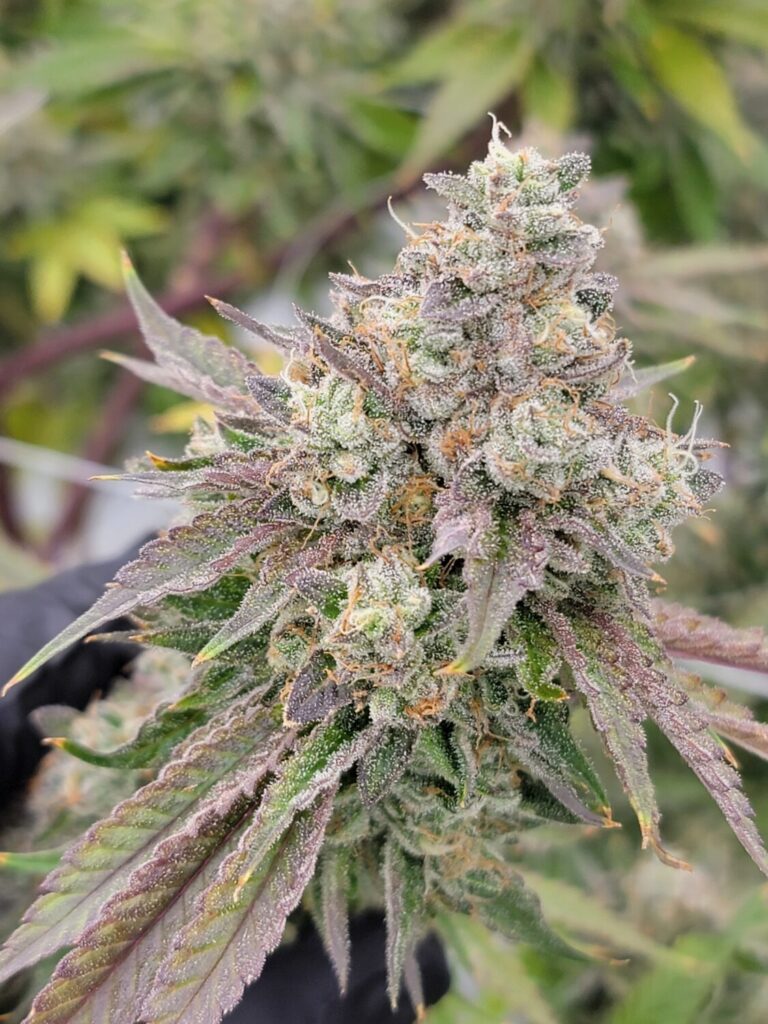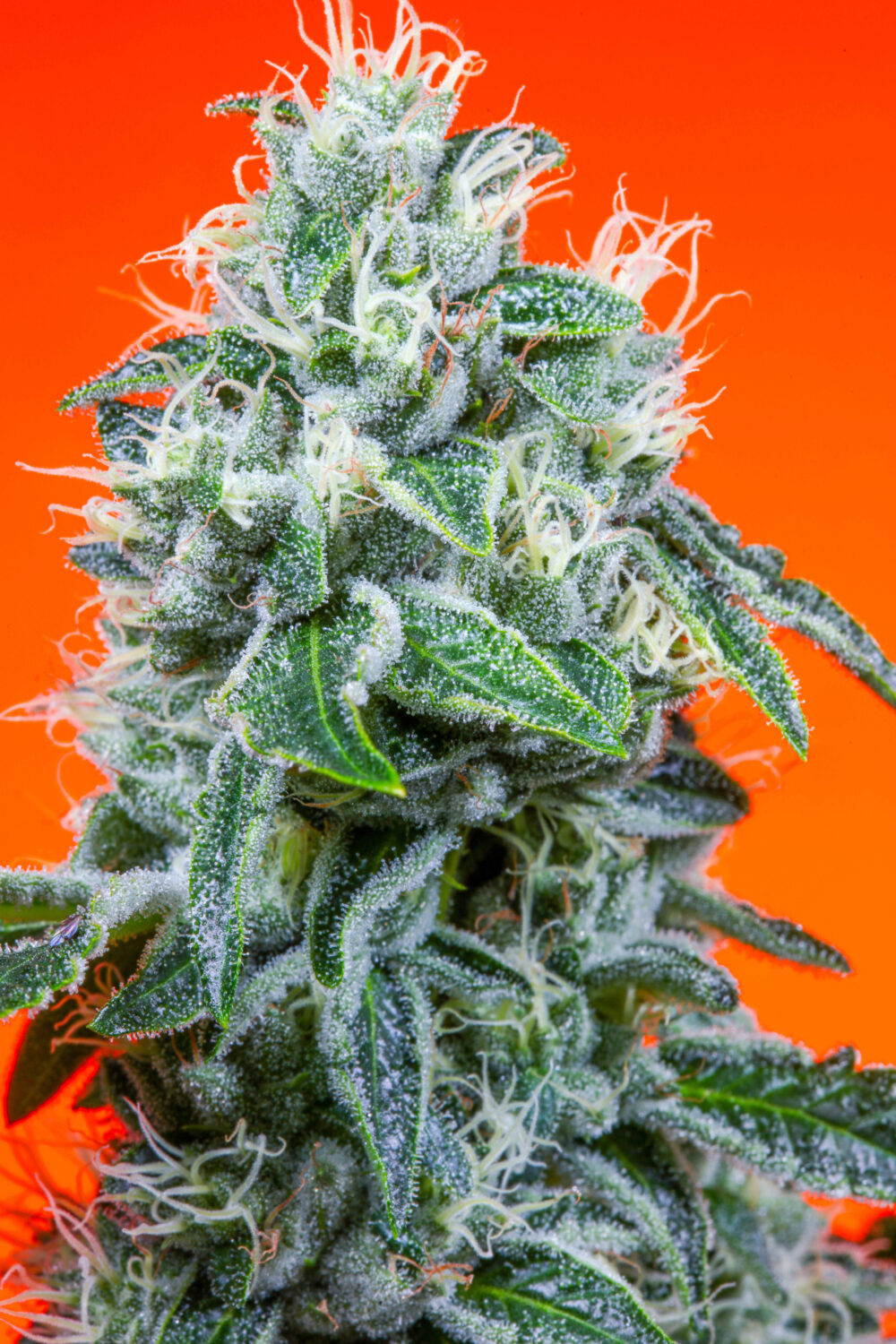GCANRX PREPS PHASE II TRIALS ON AUTISM CANNABINOID TREATMENT
GCANRX PREPS PHASE II TRIALS ON AUTISM CANNABINOID TREATMENT With the number of parents self-prescribing CBD for their children’s Autism Spectrum Disorder (ASD) rising, GCANRx has been granted permission to start Phase II Clinical Trials for a cannabinoid treatment from the Israel Ministry of Health. Dr. Adi Aran will be leading the effort. Aran is a pioneer…
GCANRX PREPS PHASE II TRIALS ON AUTISM CANNABINOID TREATMENT
With the number of parents self-prescribing CBD for their children’s Autism Spectrum Disorder (ASD) rising, GCANRx has been granted permission to start Phase II Clinical Trials for a cannabinoid treatment from the Israel Ministry of Health.
Dr. Adi Aran will be leading the effort. Aran is a pioneer in Israel when it comes to cannabinoid treatments for autism. The study Aran led into pediatric autism and cannabinoid therapy in 2017 proved a success for the 120 children that took part.

GCANRx noted this time Aran will focus on studying the safety and efficacy of GCANRx’s neuroprotective cannabinoid therapeutic to treat autism-related spectrum disorders and other conditions like Parkinson’s disease, Alzheimer’s disease, schizophrenia, and epilepsy. The focus however will be that data coming from 4 to 13 years of age using daily oral treatments.
“The primary efficacy objective of the study will be to assess the effect of the neuroprotective therapeutic compared to placebo on behavioral problems, using the Aberrant Behavior Checklist-Irritability Subscale (ABC-I) score – change from baseline to week 12,” GCANRx noted when announcing the new study.
GCANRx went on to explain that 75 million people around the world have Autism Spectrum Disorder. The lifelong condition impacts 7 million people domestically, 5.4 million of which are adults. Americans spent $268 billion caring for people with ASD in 2015, that number is expected to jump to $461 million by 2025.
“We are excited to announce that GCANRx has received a final official approval to embark on its Phase II Clinical Trial for our therapeutic aimed at treating ASD and other neuropsychiatric disorders. This significant milestone marks another pivotal moment in our path to develop innovative therapeutic solutions for patients suffering from complex neurological disorders,” said Aitan Zacharin, chief executive officer of GCANRx. “Positive results in this study carry promise for a novel treatment for ASD as well as for other neuropsychiatric disorders such as schizophrenia, Alzheimer’s disease, and Parkinson’s disease, which share similar pathophysiological processes, and can have an enormous impact on the lives of countless families as well as on public health.”
GCANRx started selling cannabinoid products in Europe in 2018. They had trouble getting wind in their sales. The company believes the move to a more medical approach will be very viable. Especially as more and more parents are choosing to head in this direction to help their kids.
Zacharin told L.A. Weekly they believe the success they have seen is backboned by the entourage effect. He noted some of the big dogs in international cannabis medicine have been experimenting with THC and CBD isolates in recent years. The reason we haven’t heard about it? The results fail to match the success of more full-spectrum products like what GCANRx is bringing into phase two.
“Essentially, it’s a combination of therapeutic,” Zacharin said. “It uses cannabinoids, CBD and THC. But it also has some other compounds in it. That alone has also been shown in clinical studies to be effective in treating autism and treating some of the behavioral elements of autism,” Zacharin said before noting the evidence they’ve seen in pretrials. “We actually found that synergistic effect.”
When it finally jumps through all the regulatory hoops, we asked Zacharin if they planned on using natural or synthetic cannabinoids to go to market.
“Natural materials are our focus, which is probably the way to go with you right there. We’ll have to ultimately see how that plays out in the regulatory pathway. That’s something we’re exploring now with advisors,” Zacharin said with the conversation leading back to the lackluster results of synthetic isolates. “With this plant. It’s so complex, so multifaceted. You know that you just can’t eliminate other cannabinoids.”
Is GCANRx at the point where it is fair to say they understand there’s an entourage effect happening but don’t completely understand it? But know that it’s safe enough to bring to market?
“Yeah, undoubtedly,” Zacharin replied.





 Photos courtesy of IC Collective
Photos courtesy of IC Collective


 Photo: Molly Keesling
Photo: Molly Keesling